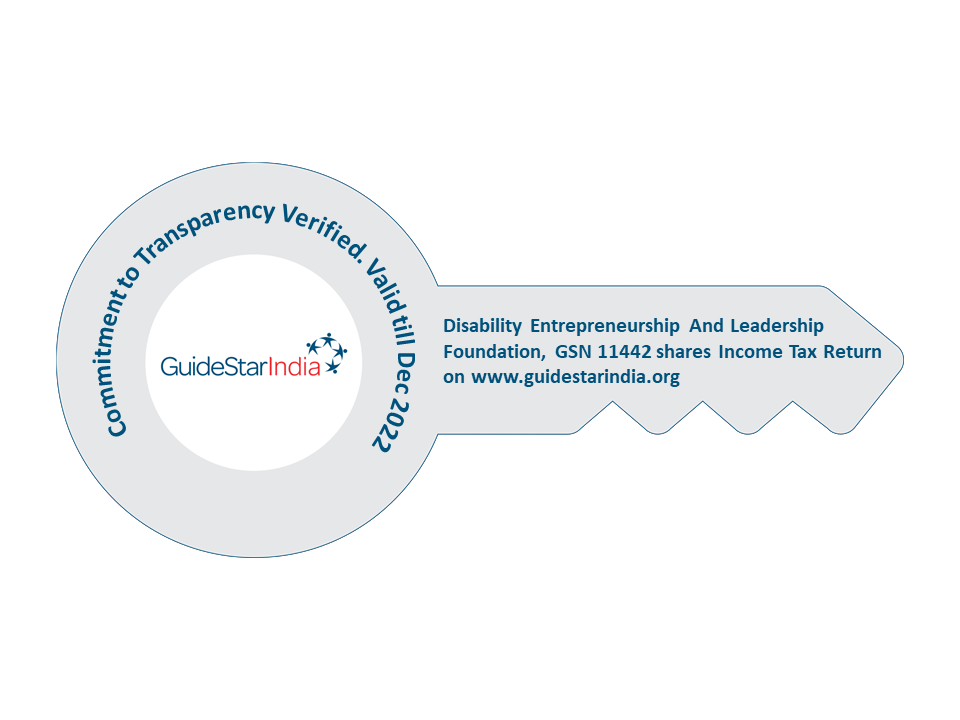Inclusive schooling is an essential prerequisite for the overall development and creation of lasting impact in the lives of children and the communities they live in.
It provides a critical opportunity to effect positive change by helping to develop cognitive capacities and skills of literacy and numeracy among children. It also helps with the development of higher-order cognitive capacities and skills in respect of critical thinking, problem solving including social and ethical dispositions.
These skills are essential for success at school and at workplace and for coping with life in general.
In the case of children with Learning Disabilities (LD) and Attention Deficit Hyperactivity Disorder (ADHD), there are seemingly unexplained difficulties that prevent them from acquiring these skills.
According to the National Centre for Learning Disabilities, LD is a neurological disorder that affects the brain’s ability to receive, process, store and respond to information.
LD is not a single disorder. It is a term that refers to a group of disorders in listening, speaking, reading, writing and mathematics.
The other features of LD are: (a) a distinct gap between the level of achievement that is expected and what is actually being achieved (b) difficulties that can become apparent in different ways with different people (c) difficulties with socioemotional skills and behaviour.
Poor awareness, lack of timely intervention and support for children with LD and ADHD leaves them marginalised resulting in school-dropouts.
One in five (20%) children have a LD and ADHD and require timely intervention to read, write, speak, listen, comprehend, do simple calculations and need help with behaviour management. According to the National Centre for Learning Disabilities, children with LD and ADHD are three times more likely to drop out of school.
This equates to 54 million children in education in India.
Research has shown that timely identification, detection and support for children with LD, ADHD, development delays and disabilities can help create a lasting impact on the health and wellbeing of citizens and promote vibrancy across civic and economic life with a significant return on investment and mid-to-long-term cost savings adding to the GDP and social capital of the country.
National Education Policy (NEP) 2020 marks a significant shift in how children are to be taught and assessed across the schooling system.
A key part of this shift is to support children to move away from root learning and help them acquire skills for learning to learn thereby placing equal emphasis on academic and vocational pursuits including art, culture, theatre, music, drama etc.
This exposure has been given to the children at an early age of 11 so that children are able to achieve an all-round development apart from that what is given to them in schools. This would also mean that the children would get more exposed to gaining practical knowledge and also engage themselves in extracurricular activities which would contribute towards a child’s over all wellbeing.
Correspondingly, in Higher Educational Institutions (HEIs), it has been recognized that quality higher education with a focus on vocational subjects is necessary to build capable and competent individuals for the Twenty First century. The policy is focused on increasing the gross enrolment ratio in higher education, including VE from 26.3% in 2018 to 50% by 2035.
(Source: corporate.cyrilamarchandblogs.com)
In our work to promote sustainable livelihood opportunities for persons with disabilities, DEAL Foundation works across different schools to help promote awareness and instill in them an idea of enterprise development and the ways it could contribute towards income generation.
For any questions one might have regarding the blog, please write to us at info@deal-foundation.com
To know more about the work we do, visit www.deal-foundation.com


 Awarded by Guidestar India
Awarded by Guidestar India